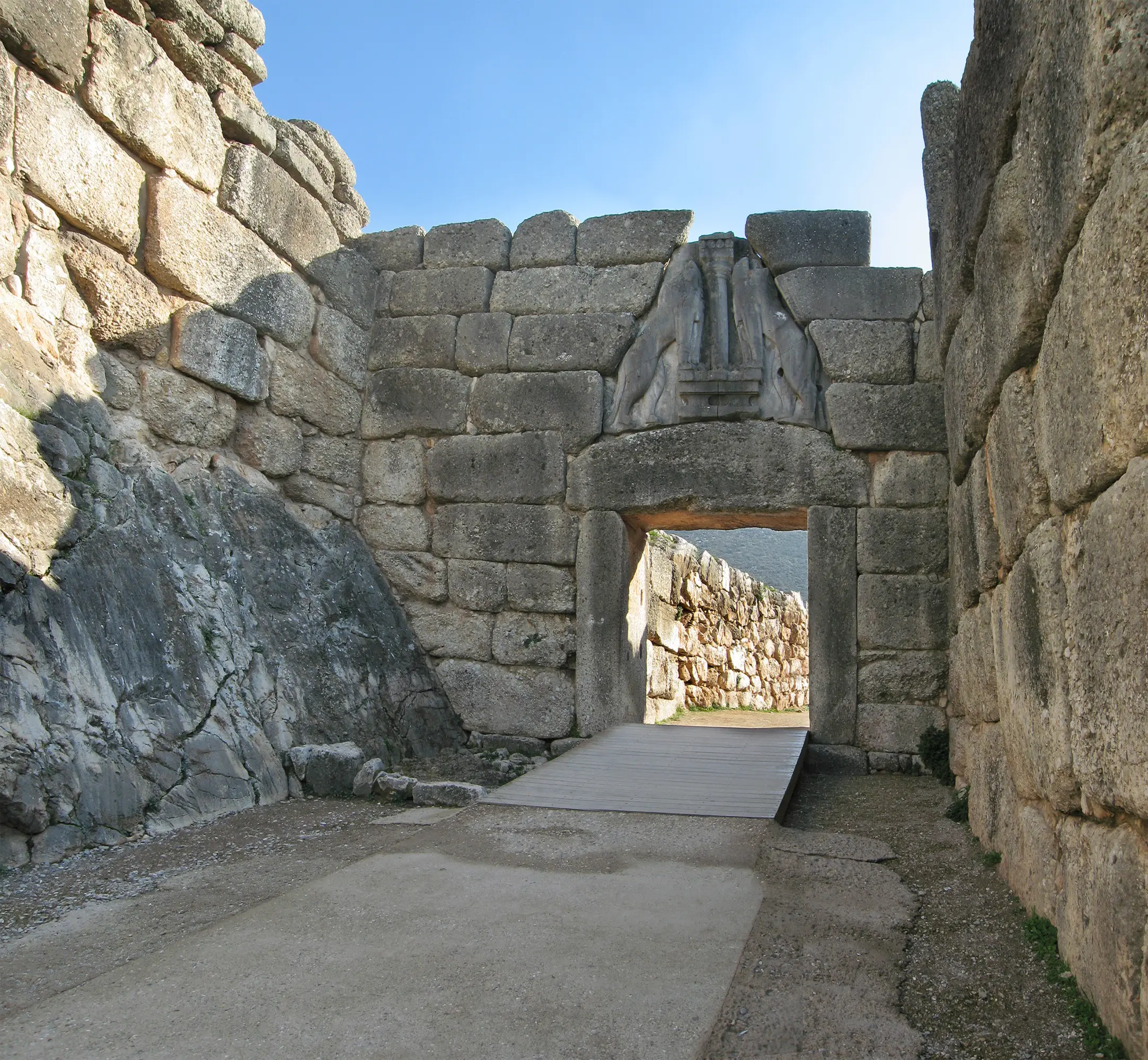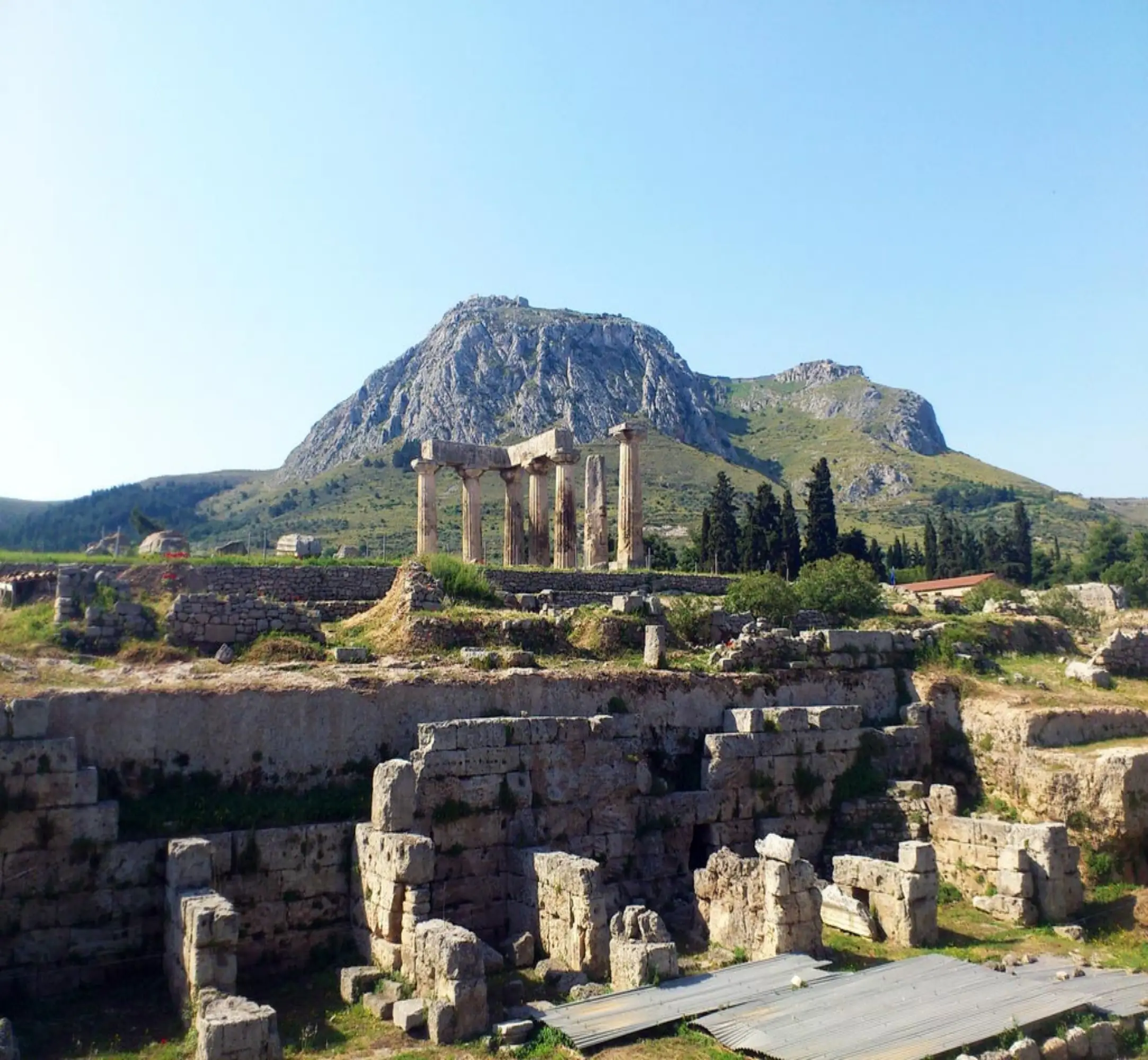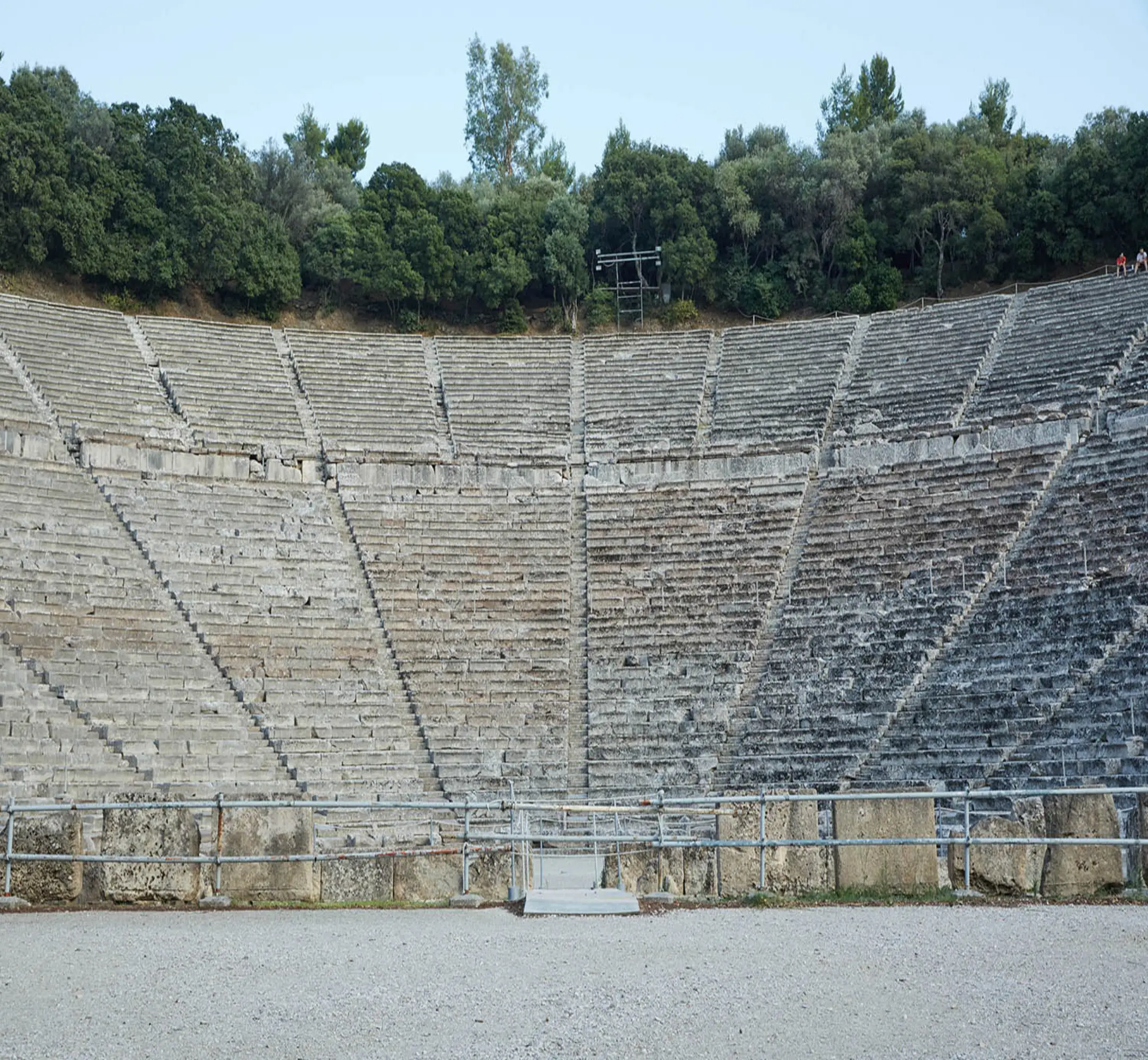Ancient Olympia
Ancient Olympia (the distance is 190 km from Nafplio) is recognized as a UNESCO World Heritage Site, having been included on the list in 1989 due to its historical, cultural, and athletic significance. As the birthplace of the Olympic Games in antiquity, Ancient Olympia stands as one of the most important archaeological sites in the world, connecting ancient Greek history with global athletic heritage.
- Archaeological Significance
Located in the western Peloponnese, Ancient Olympia is one of the most significant archaeological sites in Greece and worldwide. This city was the center of the Olympic Games, which were held in honor of Zeus starting in 776 BC. These games were among the most important religious and cultural events of antiquity. The archaeological site of Ancient Olympia, with its monuments and rich history, holds special significance for visitors interested in Ancient Greek history, athletic tradition, and culture.
Ancient Olympia is the birthplace of the Olympic Games, held every four years in honor of Zeus. These games were the largest athletic and religious event of antiquity. Visitors can explore the impressive Stadium of Olympia, which could accommodate approximately 45,000 spectators. The Stadium is still used today for the ceremonial lighting of the Olympic Flame, a tradition that connects the ancient games with the modern Olympics. The stadium remains the most iconic monument of Ancient Olympia and the most recognizable symbol of the Olympic Games.
In addition to the Stadium, Ancient Olympia hosts numerous other significant monuments, including the Temple of Zeus. This temple was one of the largest and most impressive structures of antiquity and housed the Statue of Zeus, a masterpiece by the sculptor Phidias, considered one of the Seven Wonders of the Ancient World. Other important monuments include the Temple of Hera, the Altar of Zeus, and the Gymnasium, all of which reflect the city’s athletic and religious importance.
- Archaeological Museum of Olympia
The Archaeological Museum of Olympia is an essential destination for visitors, as it houses an extensive collection of artifacts excavated from the area. These include statues, sculptures, inscriptions, and everyday objects from ancient life in Ancient Olympia. The museum’s most famous exhibit is a replica of the Statue of Zeus, reflecting the grandeur and artistry of ancient Greek sculpture.
- Significance for Visitors
Ancient Olympia is not only an archaeological treasure but also a cultural and tourist destination of great appeal. For visitors, it offers a unique opportunity to experience the origins of the Olympic Games, which continue to shape modern athletic competitions. The city’s connection to the Olympic Games provides a sense of continuity between ancient traditions and contemporary culture.
Surrounded by stunning natural landscapes, Ancient Olympia features lush greenery and rolling hills that provide breathtaking views and opportunities for hiking and exploring the countryside. Visitors can combine their exploration of the archaeological site with a relaxing and scenic experience in the natural surroundings.
Ancient Olympia is a destination that seamlessly blends ancient Greek history, athletic tradition, and cultural heritage with modern tourism, making it one of the most captivating destinations for international visitors.
The Concierge of Anima Deluxe Suites will be delighted to arrange Private Transportation, Visits, and Guided Tours by a licensed guide to Ancient Olympia.
You can also see
Luxury Suites in Nafplio

Address : 25th Martiou, Evaggelistria │ Nafplio 21100 │Greece
Τelephone : +30 27520 99221
Mobile : +30 6986288128
E-mail: : mailto:contact@animasuitesnafplio.gr
GEMI: 177391313000
Social Media






